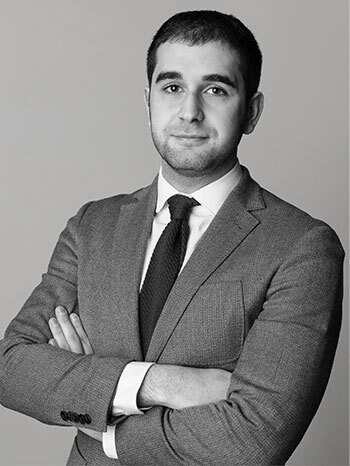The Carl Kempe Cup, a West Asiatic gold / electrum bowl with loop handle, presumably early bronze age, 3rd Millenia BC.
Diameter approx. 6, length over ear approx. 8, height approx. 2.8 cm. Weight approx. 50 grams.
Alkuperä - Provenienssi
Acquired by the industrialist and famous collector Carl Kempe (1884-1967)
Carl Kempe's (1884-1967) collection.
Inventory number CK145.
Thence by descent.
Muut tiedot
Gold from the Carl Kempe collection.
The Swedish industrialist Carl Kempe (1884-1967) was a leading figure of the Swedish pulp and paper industry, as well as an accomplished tennis player who won a silver medal at the 1912 Summer Olympics in Stockholm. Today he is better known internationally as a famed collector of Chinese antiquities of all sorts. Always an avid collector (he described himself as a manic collector) Carl Kempe, towards the end of his life, from the 1950´s onward expanded his interests and started to collect gold objects from the Mediterranean area at a large scale. As with his acquisition of Chinese objects, most seems to have been bought in London through dealers and agents and were later displayed at his residence at Ekolsund Castle. In contrast with his Chinese collection this late formed collection was never so fully researched before Kempe passed away 1967. The objects now on offer, spans geographically from Italy to Egypt and have remained with Kempe family – and are now offered for sale by the family


















































